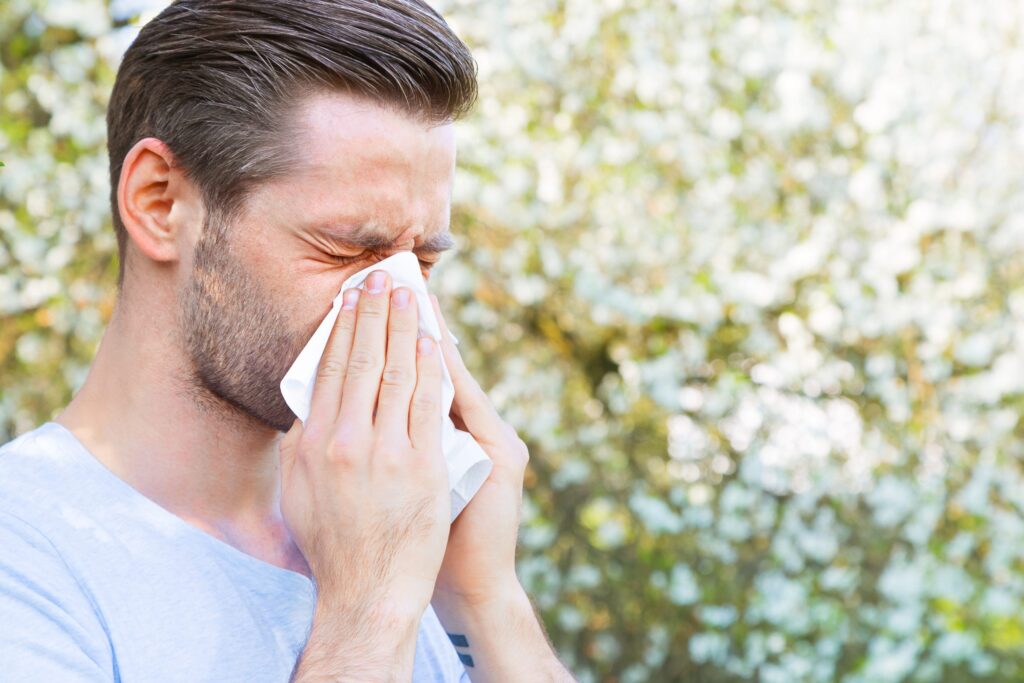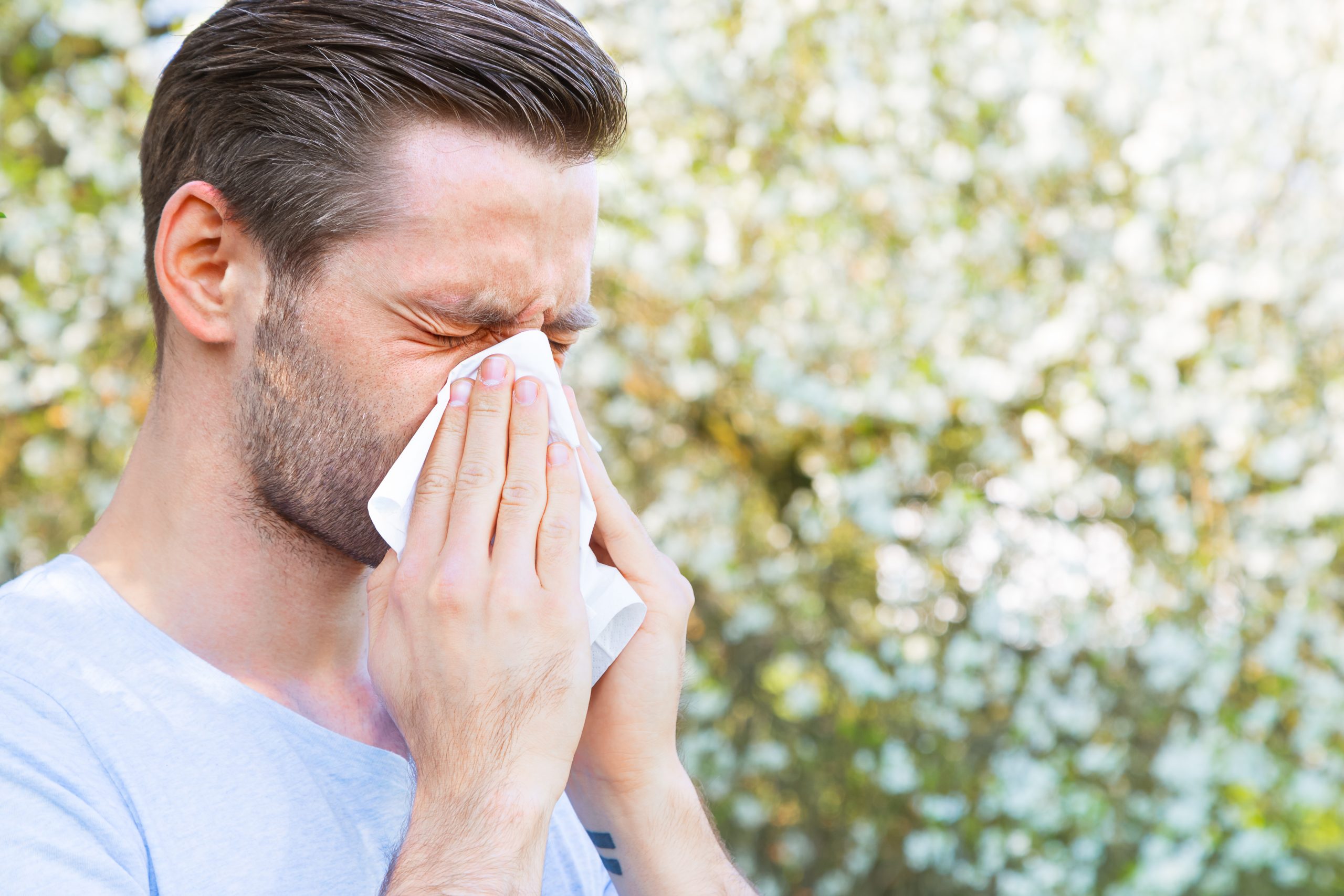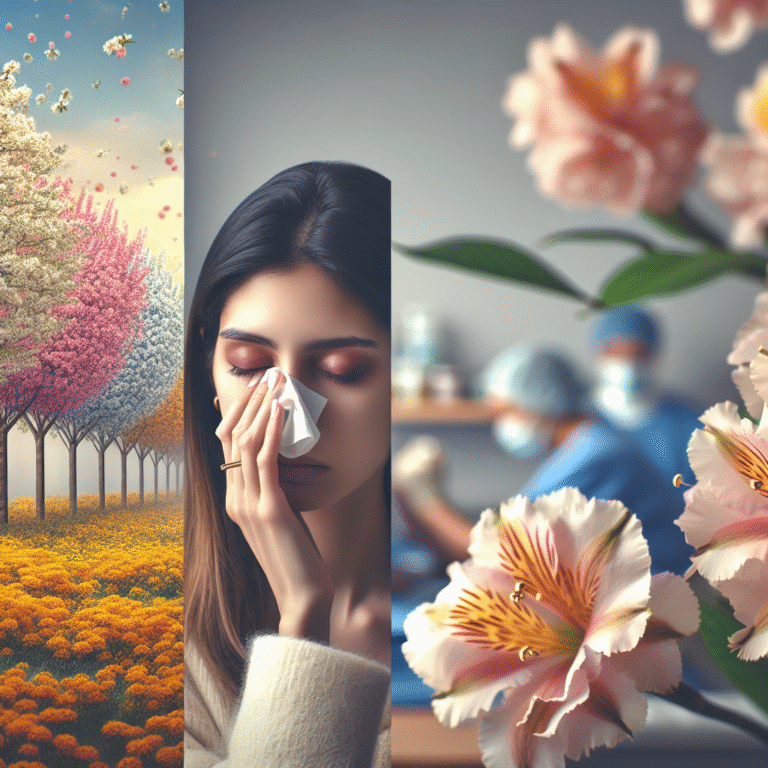Many people find seasonal allergies frustrating and even debilitating. Sneezing, stuffy nose, itchy eyes, sore throat and tiredness become almost a way of life- at least at a particular time of the year. But what when these symptoms do not completely disappear? That is why ENT (Ear, Nose, and Throat) knowledge is needed.
ENT specialist Dr. Manasi Mehra sheds light on why allergy symptoms occur, how they evolve into year-round problems, and what patients can do to manage them effectively—without sacrificing comfort or quality of life.

What Are Seasonal Allergies?
Seasonal allergies, medically known as allergic rhinitis or hay fever, occur when the body’s immune system overreacts to airborne particles that are typically harmless. These allergens vary by season:
- Spring: Tree pollen (oak, birch, maple, cedar)
- Summer: Grass pollen (Bermuda, rye, Timothy)
- Autumn: Weed pollen (ragweed, sagebrush, pigweed)
- Winter: Indoor allergens like dust mites, mold spores, and pet dander
Indoor allergies are likely to exacerbate in the colder months, although outdoor allergens prevail during spring and fall. Some people have overlapping symptoms during the year which causes perennial allergic rhinitis.
Symptoms You Shouldn’t Ignore
Allergy symptoms can mimic those of common colds, but if they persist or follow a seasonal pattern, they’re likely allergy-related. Common symptoms include:
- Runny or stuffy nose
- Sneezing, often in fits
- Itchy or watery eyes
- Postnasal drip
- Chronic cough or sore throat
- Headache or sinus pressure
- Fatigue, irritability, or sleep disturbances
In children, untreated allergies can lead to ear infections, poor sleep, speech delays, and even learning difficulties.
ENT Insights: Dr. Manasi Mehra’s Tips for Year-Round Allergy Relief
As an ENT specialist, Dr. Mehra emphasizes that effective allergy control starts with a combination of accurate diagnosis, environmental management, and tailored treatment.
1. Get Tested – Know Your Triggers
Allergy management starts with figuring out the cause. The skin prick tests and the blood tests can identify your allergens; be it tree pollen, grass, and mould or pet dander. As soon as you are aware of your triggers, treatment can help a lot.
2. Start Medications Before Allergy Season
Do not wait until your symptoms are unbearable. Start preventive medication, antihistamines or nasal corticosteroids, a couple of weeks before the pollen season begins. This lessens your symptoms.
Medications that ENT specialists often recommend include:
- Antihistamines – to control sneezing and runny nose
- Intranasal corticosteroids – reduce inflammation in the nasal passages
- Decongestants – short-term relief from stuffiness (with caution)
- Leukotriene inhibitors – help in persistent allergic rhinitis or asthma
3. Control Your Environment
Simple lifestyle changes can drastically reduce allergen exposure:
- Keep windows shut during high pollen days
- Use air purifiers with HEPA filters
- Bathe and change clothes after outdoor activities
- Wash bedding in hot water weekly
- Keep pets off furniture and out of bedrooms
- Maintain indoor humidity below 50% to prevent mold
Dr. Mehra also recommends saline nasal rinses to flush out allergens from your nasal passages naturally.
4. Don’t Overuse OTC Nasal Sprays
Many patients turn to use decongestant nasal sprays for quick relief, but using them longer than 3–4 days can lead to rebound congestion, making symptoms worse. Always follow instructions and consult your ENT before use.
5. Consider Immunotherapy
Allergy immunotherapy works very well with patients who do not respond to medications or those who want a long lasting solution. It is a process of slowly exposing low amounts of allergens to desensitize your immune system.
Types of immunotherapy:
- Allergy shots (subcutaneous immunotherapy)
- Sublingual tablets or drops (SLIT)
This therapy can significantly reduce or eliminate the need for allergy medications over time.
6. ENT Evaluation for Chronic Issues
If symptoms persist despite treatment, it could indicate an underlying ENT condition like:
- Chronic sinusitis
- Deviated nasal septum
- Nasal polyps
- Enlarged turbinates
An ENT specialist like Dr. Mehra can perform a detailed nasal endoscopy or imaging (CT scan) to identify and treat structural issues that worsen allergies.
When to See Dr. Manasi Mehra
When allergies start interfering with your sleep, work efficiency, or daily comfort, it is time to visit a doctor. Dr. Manasi Mehra offers a full range of services to seasonal and chronic allergy patients. Her treatment plans are tailored according to age, lifestyle, triggers and medical history.
You do not need to live with allergies throughout the year. Properly taken care of, you can have all four seasons, without symptoms.




